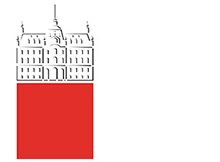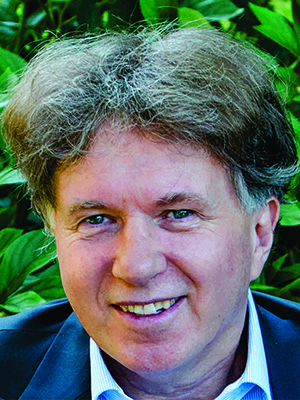New technologies, which include nanotechnology, will undoubtedly shape our future. Many believe that we have already entered the nano-era, since products of nanotechnology are appearing in many products intended for everyday use. Nanotechnologies are established in the pharmaceutical, cosmetic, electro-technical, textile and food industries.
Nanoproducts have long had indispensable importance in computer science, informatics, space technology and so on. Nanotechnological products have in common that, because of their small size, they have numerous special properties that are different from the properties of macroscopic bodies, and these propoerties can be applied for practical purposes. The question is continuously raised, of course, of their safety for humans and the environment. The field of nanosciences, within studies in Biosciences, combines familiarisation with the properties and production of nanoparticles and nanomaterials and understanding the interactions between biological systems and products of nanotechnology. This scientific field, which is new to us, also deals with aspects of the safe use of nanoparticles and nanomaterials. The field of nanosciences is explicitly interdisciplinary. Each candidate will deepen knowledge from his or her own basic field (physics, biology, pharmacy, medicine, electrotechniques, nutrition etc.) and at the same time he or she will be acquainted with some other aspects that are common to all fields of nanosciences. Candidates enrolled in the scientific field of nanosciences, will understand better at the end of studies the physical, chemical, technological and biological properties and possibilities of the use of nanoparticles and naomaterials. Numerous foreign scientists will be actively included as lecturers or co-mentors in the implementation of studies from the field of nanosciences. The aim of the new scientific field at the Uuniversity of Ljubljana is to enable candidates contact with top world experts in the field of nanosciences and the possibility of cooperation with foreign universities and institutions. On completion of studies, candidates will be all-round educated professionals capable of inclusion in top projects in the field of nanosciences at home and abroad.
Web site: http://physics.fe.uni-lj.si/nanoznanost/slo/index.html
Important achievement:
Imani et al.: 'Multifunctional Gadolinium-Doped Mesoporous TiO2 Nanobeads: Photoluminescence, Enhanced Spin Relaxation, and Reactive Oxygen Species Photogeneration, Beneficial for Cancer Diagnosis and Treatment',Small, 1700349, 2017 (smll.201700349): http://physics.fe.uni-lj.si/publications/pdf/Imani_et_al-2017-Small.pdf
has been highlighted on the Advanced Science News service. You can access the article about this our achievement in Advanced Science News here:
https://www.advancedsciencenews.com/multifunctional-titania-medical-imaging/
|
COORDINATOR prof. dr. Aleš Iglič
|
DEPUTY COORDINATOR assist. prof. dr. Sara Novak https://www.bf.uni-lj.si/sl/o-fakulteti/zaposleni/345/novak-sara |



